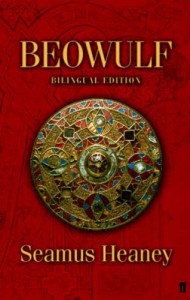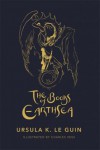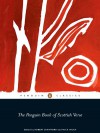Arbie's Unoriginally Titled Book Blog
It's a blog! Mainly of book reviews.
Currently reading
Beowulf, Seamus Heaney

So this is the "Bi-lingual" edition with original Anglo-Saxon and Heaney's Modern English adaptation on facing pages. And indeed, the original may as well be a foreign language given the extent of my understanding of it, however, two things are notable about it even to my uninitiated view: alliteration and half-lines. Neither of these is prominent in the translation. There is no visual separation into half lines at all. The only effort to acknowledge this aspect of the original is a tendency to place punctuation in the middle of the lines. It's not really frequent or potent enough to recreate the original effect. Nor is the alliteration which seems weak, easily ignored. The resultant effect is literally prosaic; it hardly seems like a poem any more. Weirdly, Tolkien's prose translation seemed more poetic because of the strong rhythmical quality of the sentences.
I wonder how good a poetic translation is now possible? The density of imagery, allusion and reference to unfamiliar social conventions makes it difficult reproduce the story in modern English without taking twice as long over it, which in turn makes it hard to stick to the pithy short lines of the original. It is possible to write good alliterative verse, though, as demonstrated by Tolkien and more loosely by Ted Hughes.
As for the story, it's fabulous (in two senses) of course, but I always wonder what it would have been like before the Christian overtones were put in and Flagon always wonders what would have happened if they'd just given the darn cup back...











 5
5
 6
6